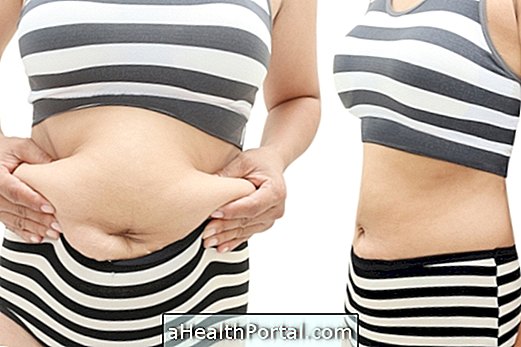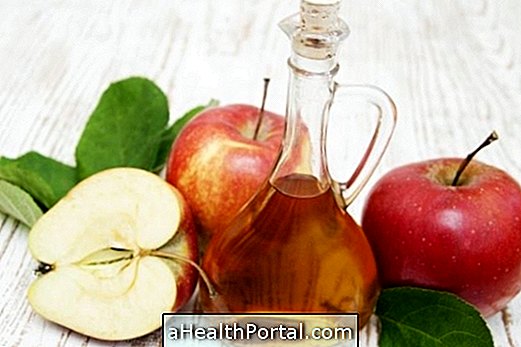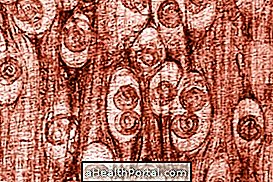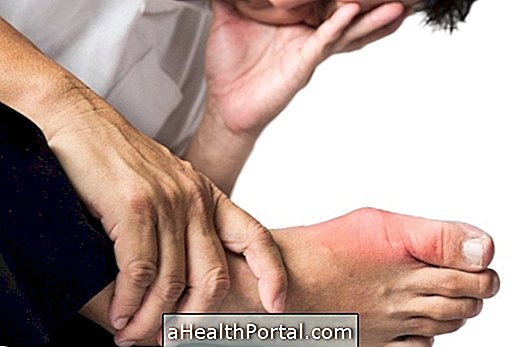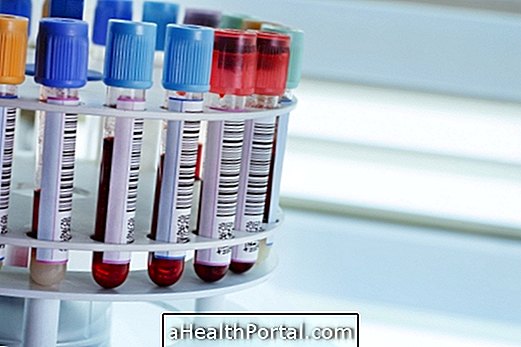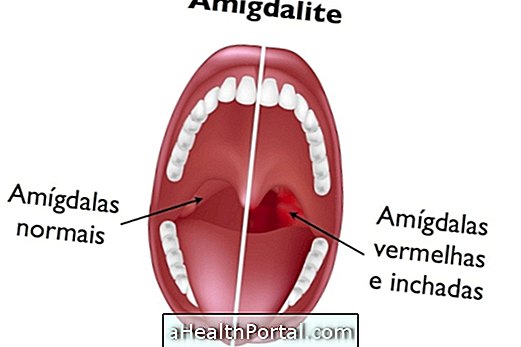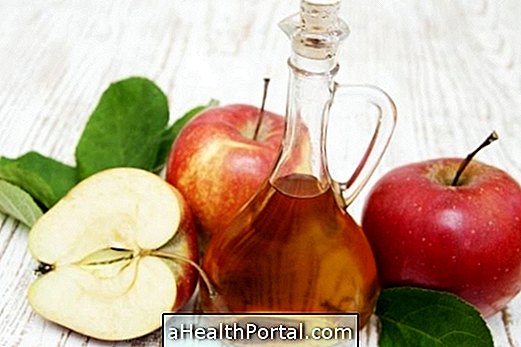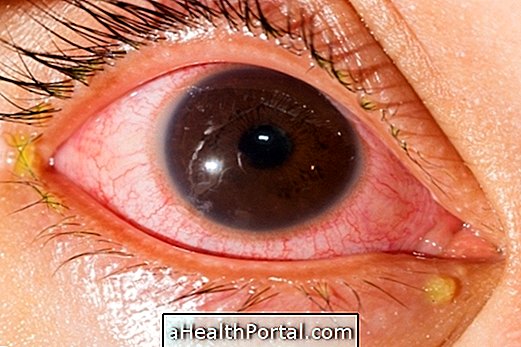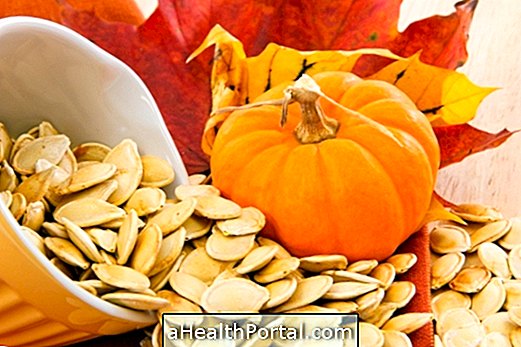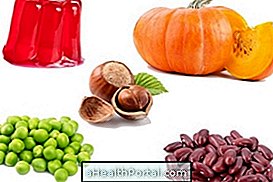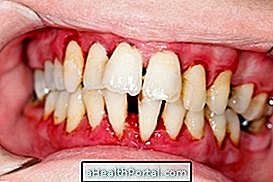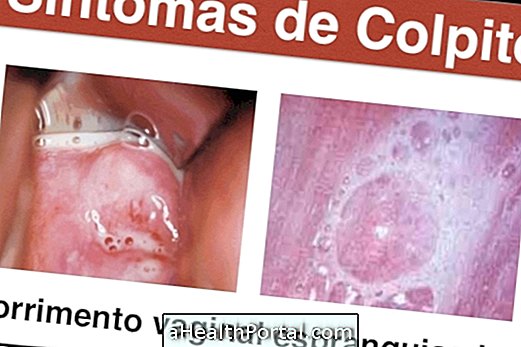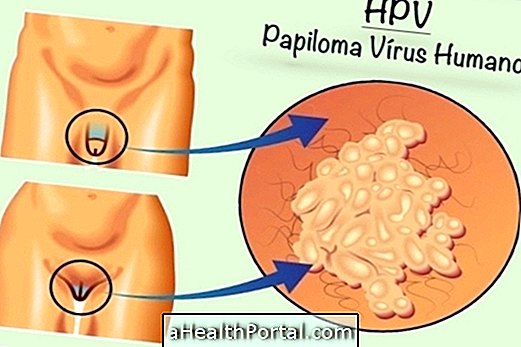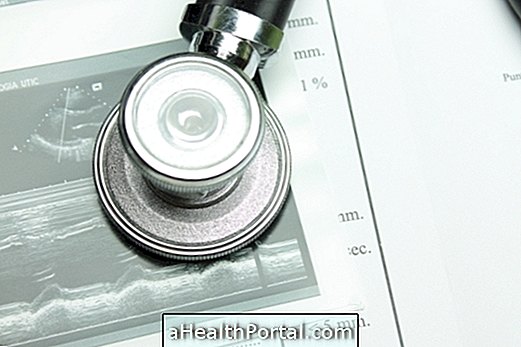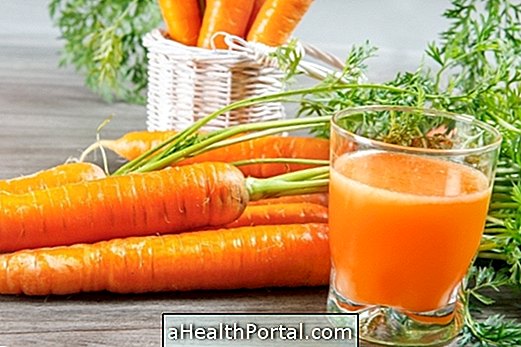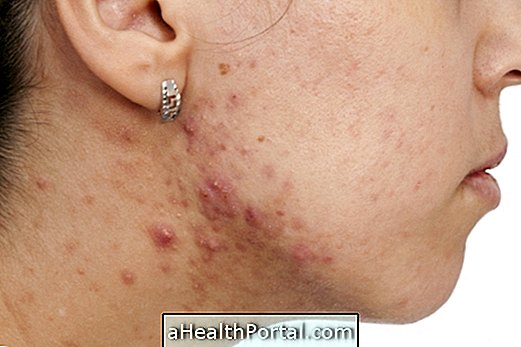Proctite is the inflammation of the tissue that lines the rectum, called the rectal mucosa. This inflammation can occur for a variety of reasons, from infections such as herpes or gonorrhea, an inflammatory disease such as ulcerative colitis or Crohn's disease, changes in blood circulation, allergies, or even the side effects of radiation therapy.
The signs and symptoms of a proctitis are variable, including pain in the anus or rectum, leakage of blood, mucus or pus from the anus, difficulty to evacuate and bleeding in the stool. The intensity of the symptoms varies if the inflammation is mild or if it is severe, as in the case where it forms deep ulcers in the tissue.
The treatment is guided by the proctologist, according to the cause of the inflammation. and include antibiotics or anti-inflammatory drugs such as corticosteroids, mesalazine, or sulfasalazine, for example, orally or rectally. In more severe cases, it may even be necessary to perform surgery to remove the compromised tissue.
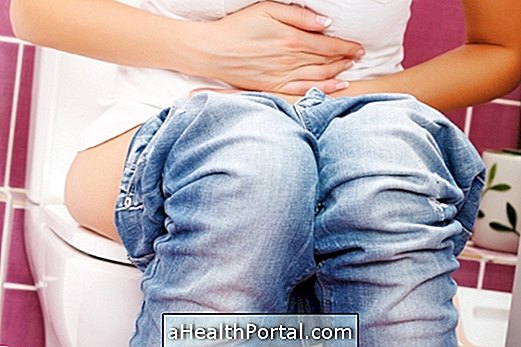
What are the causes
The main causes of proctitis are:
- Sexually transmitted diseases, such as herpes, gonorrhea, syphilis, chlamydia, or cytomegalovirus, for example, affect mainly people who have anal intima contact and who have weakened immunity. Learn more about sexually transmitted infections;
- Infections such as rectal schistosomiasis, amebiasis, or the bacterium Clostridium difficile, which causes intense inflammation of the intestine, called pseudomembranous colitis, occur mainly in people who are receiving antibiotics. Check how to identify and treat psudomembranous colitis;
- Inflammatory bowel disease, such as Crohn's disease or ulcerative colitis, which causes inflammation due to autoimmune causes;
- Proctite actinic, provoked by the action of radiotherapy, used in the treatment of cancer;
- Changes in the nerves or blood circulation of the rectum, such as by ischemia or rheumatic disease, for example;
- Allergic colitis, caused by the consumption of foods that cause allergy, such as cow's milk protein, more common in babies;
- Drug- induced colitis due to the action of drugs, especially antibiotics, which can alter the intestinal flora.
It should also be remembered that existing lesions in the rectum and anus can also be a sign of cancer in the region. It is also possible that the cause of the proctitis is not identified, so it is classified as idiopathic proctitis.
Main symptoms
The symptoms of proctitis are pain in the rectum or anus, difficulty to evacuate, bleeding from the anus or that is noticed in the stool, the desire to evacuate frequently or the discharge of mucus or pus from the anus. The intensity of the symptoms varies according to the severity of the disease.

How to confirm
The diagnosis of proctitis is made by the coloproctologist, through clinical evaluation and the request of examinations such as anoscopy, sigmoidoscopy or even a colonoscopy to evaluate the rest of the large intestine.
A biopsy of the rectum may identify the severity of the inflammation, as may be indicative of the cause. In addition, blood tests can help identify the cause by observing signs of infection or a marker of inflammation.
How is the treatment done?
The treatment of proctitis is done according to its cause, and is guided by the coloproctologist. In this way, it is important that the causes of inflammation be removed, either through antibiotics to eliminate microorganisms, as well as removal of food or medications that may be worsening the condition.
Medications with an anti-inflammatory effect, either orally or rectally, such as corticosteroids, sulfasalazine or mesalazine, for example, are used to relieve symptoms, especially in cases of inflammatory bowel disease. In these cases, the use of potent immunosuppressive drugs may still be necessary.
In cases of severe impairment due to inflammation or ischemia of the rectum, surgery may be necessary to remove necrotic or severely compromised tissue.
Natural Treatment
During the treatment recommended by the doctor, some home-based measures may be taken to aid recovery, but should never be a substitute for physician guidance.
Thus, during inflammation of the gut, it is recommended to take some care with the diet, giving preference to easily digestible foods, such as fruit juice, cereals such as rice and white pasta, lean meats, natural yogurt, soups and vegetables.
Preferably, one should feed on a small amount, several times a day. It is also recommended to avoid foods with peel, seeds, nuts, corn, beans, fizzy drinks, caffeine, alcohol and spicy foods. Check out more nutritionist's dietary guidelines for bowel inflammation.

